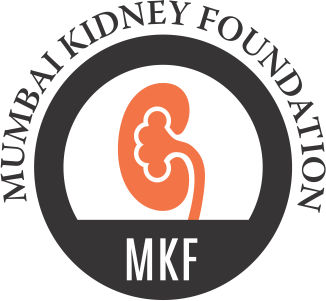Diet for high uric acid
Diet for high uric acid
High amount of uric acid in blood may be seen when your diet is high in a compound known as purine. High amount of purine comes from diet rich in animal foods like beef, pork, poultry, fish and mainly organ meats such as liver, brain, etc. High uric acid levels may give rise to uric acid stones which may get deposited into the kidneys. Furthermore, it can also lead to deposition of uric acid crystals in joints, leading to a painful condition known as gout. Hence, it is important to keep uric acid in control.
Herewith are a few dietary instructions to maintain uric acid under control:
- Prefer drinking enough water in order to maintain good hydration. Your urine should appear light yellow or clear, if it is dark yellow and concentrated; it signifies less hydration. This may trigger chances of stone formation. Hence, one should drink enough fluids to form at least 2 liters urine daily.
- Limit intake of alcohol as it can increase uric acid levels in the blood.
- Limit sugar-sweetened foods and drinks, especially those that contain high fructose corn syrup. If you are a diabetic and looking for a sweetener, click here to understand which sweetener you may prefer
- Avoid crash diets because they can make the urine more acidic, which makes it harder for uric acid to dissolve
- Maintain a heathy weight. Obesity is one of the risk factors for developing high uric acid
- Amongst vegetables and pulses with beans as they contain high level of purines; for example, spinach, french beans, broad beans, soyabean, kidney bean (rajmah), black eyed bean (lobia), fish, etc
- Prefer whole grains and fibrous fruits and vegetables
- Avoid excessive fat intake. Avoid double fried foods.
As uric acid is flushed off by the kidneys, high uric acid level may be seen if you have long standing kidney disease, i.e. chronic kidney disease (CKD). Hence, it is important to speak to your Nephrologist about lowering your uric acid level through medications as well as speak to your Dietician regarding diet for same. As patients with kidney disease may need fluid restriction, it is important to get individualized guidance.
By-
Dr Rachana Jasani,
Renal Nutritionist,
PhD, RD




